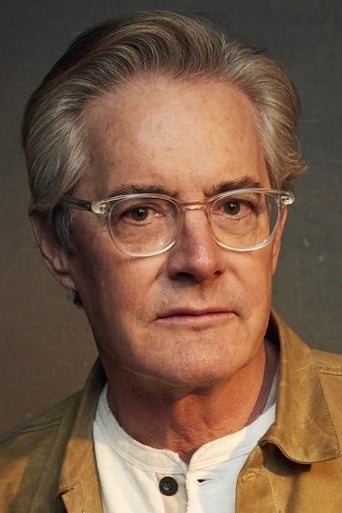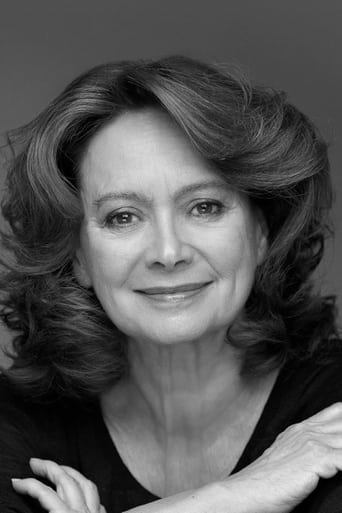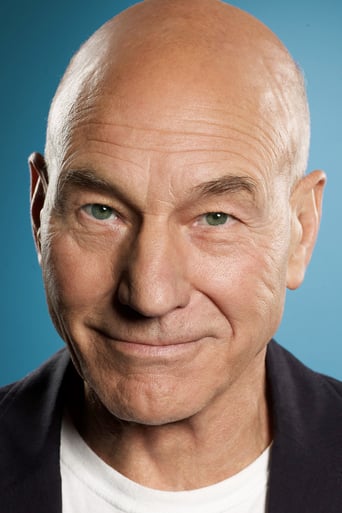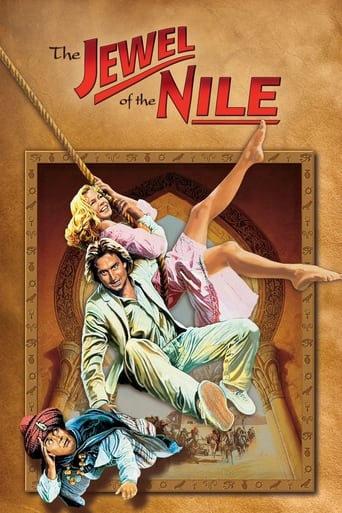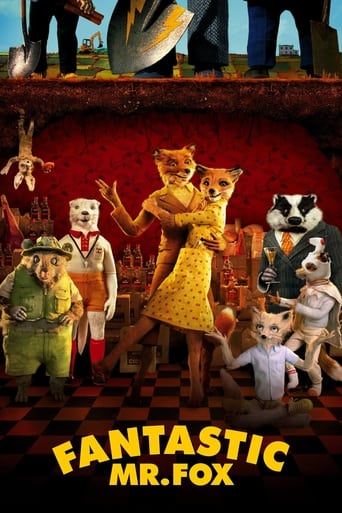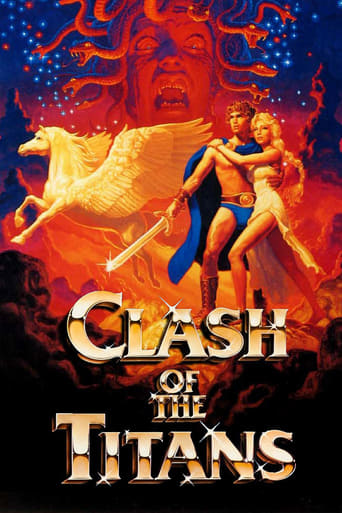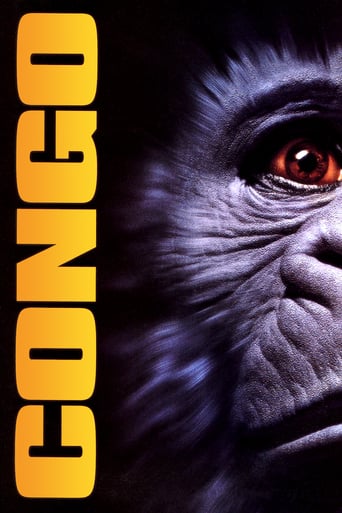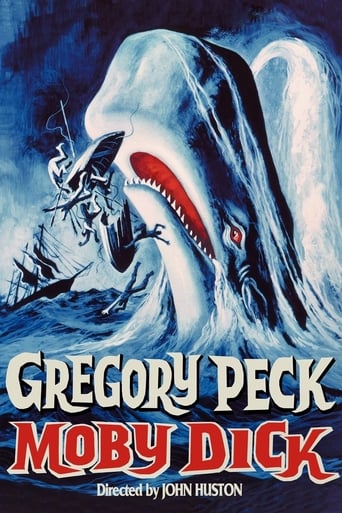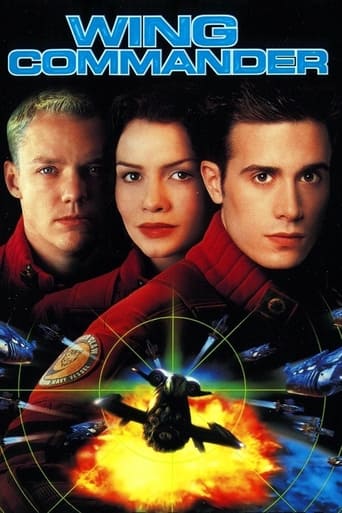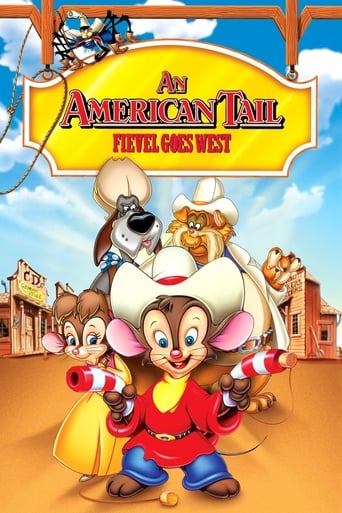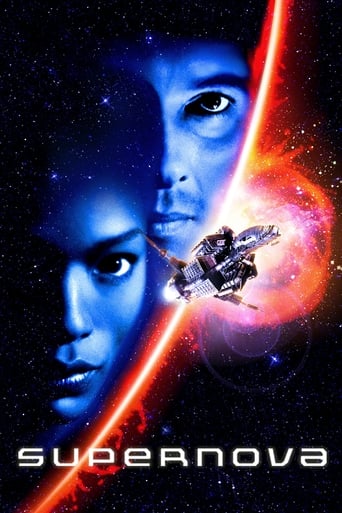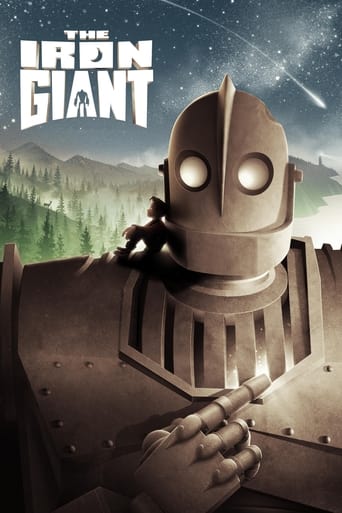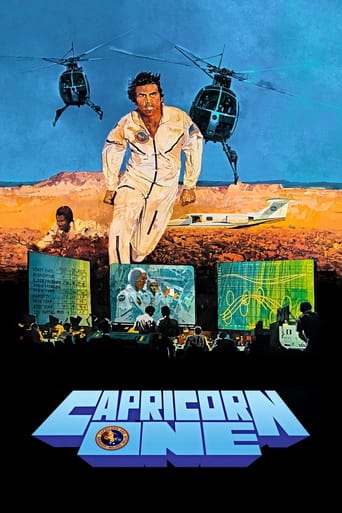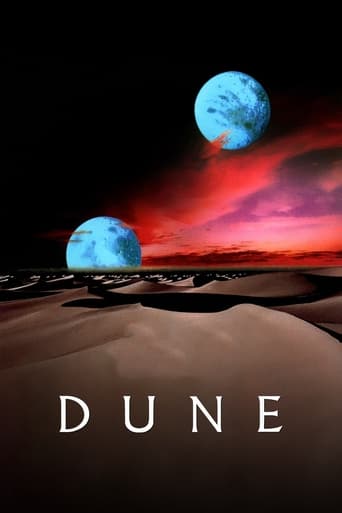
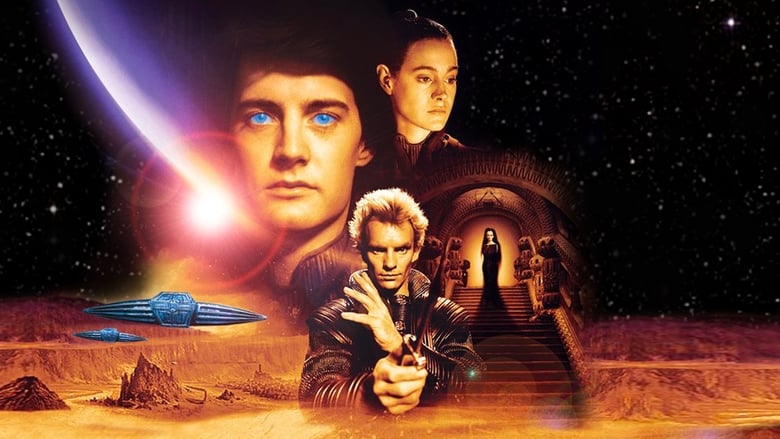
 Watch Now
Watch Now







Dune (1984)
 Watch Now
Watch Now







In the year 10,191, the most precious substance in the universe is the spice Melange. The spice extends life. The spice expands consciousness. The spice is vital to space travel. The spice exists on only one planet in the entire universe, the vast desert planet Arrakis, also known as Dune. Its native inhabitants, the Fremen, have long held a prophecy that a man would come, a messiah who would lead them to true freedom.
Watch Trailer
Cast


Similar titles
Reviews
Wonderful Movie
Plenty to Like, Plenty to Dislike
Great Film overall
a film so unique, intoxicating and bizarre that it not only demands another viewing, but is also forgivable as a satirical comedy where the jokes eventually take the back seat.
One of the fundamental errors in the film is that a great novel of ~600 pages with appendixes on planetary ecology, religious systems etc. has been boiled down to a 2 hour movie. The story is told way too quickly, and several great discoveries in the novel are just given away in the film. At some point it felt like I was watching a trailer for a tv series... Stuff that is essential to the original story has been left out, e.g. Paul's visions on the coming jihad and his struggle with it, the death of Paul's son, etc. The resulting gaps have often been filled with totally idiotic crap.If you are interested in the Dune saga, please read the books. Do not be led to believe that this movie is what the saga is about. I would have rate 1/10 but for the great scene with Patrick Stewart and a pug.
I had only seen David Lynch's 1984 production of Dune once before when I was much younger, so when I got the chance to see a midnight screening of it at my local theater, I jumped on it. Going into this screening I recalled the movie being somewhat goofy, probably because I had just read all six of the original Dune novels the first time I saw it and OF COURSE it didn't come close to holding up to that lengthy, legendary storyline.Frank Herbert's universe had seemingly endless plots, subplots, characters and themes. Dune has all the sex, violence and political machinations of Game of Thrones while also concentrating on much more weighty issues like technology, ecology, drug use, spirituality, the destiny of mankind, etc. The depth of Dune is too much for any movie to come close to capturing and that's the brick wall that David Lynch runs into. He can't possibly do the source material justice; not on a thematic level anyway. He can only capture the forms and some of the spectacle from the first book.That said, I did enjoy it slightly more this second time, probably because I was focusing on its artistic merit and what David Lynch does well rather than mercilessly comparing it to the scope of the books. The first half of the film is steady, well presented and follows the book fairly well but somewhere around the middle of the movie the pace dramatically speeds up and they start cramming way too much story into too little screen time as events hurtle toward a hasty, contrived conclusion.I wish that Lynch hadn't shoved so many of the characters thoughts into recorded voice overs. Apparently this was done because the studio demanded he cut his original 3 hour version of the film by 40 minutes. I get that anyone who hasn't read Dune would have a hard time comprehending what was going on without all that exposition, but I think the film would've benefited greatly by saying less. Let the mysterious remain mysterious and focus on those inspired visuals! If people want to unravel it all, they can go back and read the novel. What a torture, to have to read one of the most important works of science fiction ever!For all its flaws, the film nails quite a few elements of "Dune." It's very well cast and most of the costumes / sets are spot on. Even the pronunciations of Herbert's fictional terminology are mostly correct and Paul's dream sequences are splendid to behold, evoking the symbolism and artistry you expect to flow from the prose of the book.The film ends on a bit of an eye roll. Muad Dib and the Fremen win a crazy one-sided battle, he kills Feyd in the duel (Sting was surprisingly good in this role for someone who's not, primarily, an actor), Paul proclaims a new dawn of humanity and it suddenly rains for the first time on Dune. Really David? That rain wasn't in the book and you couldn't think of a better way to end it? How about after the proclamation we have a nice long zoom in on Paul transitioning into visions of the future from the subsequent five books? Muad Dib's fall, the trials of his children, the God Emperor and the rise of the Honored Matres! Paul is soaked in spice at this point so he's already getting glimpses of the future. Even just a brief montage eluding to those events with the dramatic score in the background would've made a great ending to your acid trip of a movie! But no, we get a sadly typical put-a-bow-on-it Hollywood ending and fade to credits.Despite its shortcomings, I'm not overly disappointed. Adapting Dune is too great a task for anyone and it was fun to see Lynch try. Although much of the substance is missing, he succeeded in capturing the dramatic weight of Dune and painting a dazzling silver screen portrait of my favorite novel. It will be interesting to see if Denis Villeneuve can do better.
Based on the first book in renowned sci-fi author; Frank Herbert's sprawling, epic saga; Dune was a project that had been through some considerable development going back as far as 1971. With Arthur P. Jacobs, Alejandro Jodorowsky, and Ridley Scott separately vying to direct with their individual visions of how to bring the classic novel to life, executive producer Dino DeLaurentis eventually settled on hiring avant garde film-maker; David Lynch who had gained critical and commercial notoriety for his 1980 biographical period hit; The Elephant Man to helm the project. With a budget of $40 million (a costly sum for a big budget picture at the time) and fevered anticipation that came with the film, due to it's cult fan base there was a much riding on it's financial success. Lamentably however it was anything but; merely raking in $30.9 million at the world-wide box office after opening to scathing reviews which would later lead Lynch to distance himself from the movie; a cowardly move in my personal estimations given that being not only the director but acting as screenwriter in transferring the epic tale from page to screen. In short, the buck had to irretrievably end with him. At only 131 minutes in length with it's source material being 412 pages in length and embracing an insurmountable wealth of characters, too numerous to count ; even with it's opening introductory monologue from the entrancingly beautiful Virginia Madsen as Princess Irulan (daughter to the Emperor) laying the basic foundations of the plot; it does little to prevent if from descending in to incomprehensible pap. Many scenes involving much needed exposition, that would have laid out crucial plot details were clearly left discarded on the cutting room floor, and it was left to predominantly superlative cast of actors to bravely struggle to salvage any kind of discernible meaning from it. To their credit they for the most part give it their all; with Kyle MacLachlan admirably conveying the young Atredies heir personal dynamic from wide-eyed, cocky young buck to the self-confident, charismatic religious icon that is Muad'Dib with ease. With slightly varied support from Jürgen Prochnow as his noble, sage father with Patrick Stewart, Freddie Jones and Dean Stockwell offering further wise, informative words of counsel as members of the Atredies entourage. With Francesca Annis making a demure, reserved and assured presence as the Lady Jessica, mother and concubine to Paul and Duke Leto they neatly round up the caste of their home world of Caladan. Starkly contrasted via mainly decent turns from a range of actors that include the late Kenneth McMillan, the versatile Brad Dourif, Paul L. Smith and pop icon; Sting, they portray the insidious ruling member of the House Harkonnen. McMillan is a revoltingly repugnant presence as the corpulent Baron with Dourif a wily if relatively short lived addition as the deceitful and cunning Mentat; Piter defries. Smith is the dim-witted, brutish ( a fitting term seeing as he played Bluto in Robert Altman's cinematic live action version of; Popeye) "Beast"; Glossu Rabban. Finally there Sting who aesthetically fits the role well with his sharply intense feature, slender frame topped with a fiery mane of red hair. Given the overall short screen time and minimal dialogue he had; he pretty much chews the scenery as he hams it up immensely. What you make of the acting depends I suppose on your personal predilections what with it's operatic, declamatory style but it's arguably one the few redeeming features; and there's very little beyond the phenomenal art deco and the spectacular grandeur of the planetary and intergalactic scenery. The editing is periodically ropy; a clear indicator where potentially vital scenes may have been dropped. It's only Toto and Brian Eno's evocative and spectacular score which resonates a mythological robustness in it's more bombastic moments; and a soothing tranquility in it's quieter moments that remind you that offers anything resembling relief from the tedium. The themes of religious fanaticism and political intrigue and corrupt machinations ultimately feel hollow, without enough meatiness to the narrative to fit the void that is woefully apparent. Not even some of the later scenes on Arrakis which include the then; and I suppose even now are impressively rendered; Giant Worm scenes offer much respite from the disjointed incomprehensibility. And that's including any key scenes with the native Fremen, which offer core exposition of Paul's journey in to manhood as he grows in to the position of religious messiah and warrior leader. Try as they might; co-stars Sean young as his future lover, the dutiful Chani (who is adequate enough) who and Everett McGill who fares better as her honourable and temperate father; the Bremen leader Stilgar can do nothing to elevate proceedings. A failure of monumental proportions; it has perplexingly gained some recognition given that it still manages to earn a moderately respectable score of 6.6 on IMDB; (god only knows why) Lynch even goes so far as to ignore some of the pertinent lore from the novel where upon he gives what is supposed to be a a rousing finale, but is contextually nonsensical. However with some much relevant information lost; I doubt many audience members with noticed or for that matter cared. And that concisely says it all.
I belong to the camp that read the book before seeking out and watching the film. The book is an epic, and draws you into the Dune world (I wouldn't have sought the film otherwise).The film however places you into the cold looking in through a window. It is very accurate to the book, however as you'd expect a lot of it got chopped out. This was expected of course as there is no way to stay accurate to such a long book and keep the film feature-length.The editing makes for awkward storytelling, and I found I had to stop the film after almost every scene to explain to my girlfriend what was going on (not having read the book herself). Thankfully I only had to do this for the first-quarter because she got bored and left! Sometimes the film deviated from the book, for example the fact that somehow it inexplicably started raining on Arrakis at the end after the Freman victory really irked me, as 1) no such thing ever happened in the book, and 2) the whole preciousness of water wasn't fully explored/emphasised at all in the film and so the rain didn't seem as miraculous as it would otherwise certainly have been. This would have been a good ending to the film if it could have been explained. The book explained that 300 to 500 years of geo-engineering was estimated before green-life could self-sustain in the desert, let alone for heavy rainfall to come.Indeed the preciousness of water was a central pivot for everything in the book. In the film it was only quickly glossed over.The characters and their relationships are not explored, with many (Stilgar, for example) that have a major role in the book getting insignificant roles in the film. The majority of the acting has no passion and is wooden.These are the reasons I hate this film. But why do I love it at the same time?The scenes, set design, props, costumes, and graphics, are all rich and stir the imagination and are well within the theme of the book. Even the early CGI work (used to render shields) is fairly impressive considering it was 1984. To some it may look a bit naff, but then who are we to say what shields look like in the year 10,000?My review is certainly biased from reading the book. But then this was a film that was purposely made from the book. I think that maybe they would have been better off 'basing' the film on the book, and coming up with a story more suited to film.


